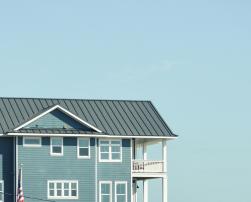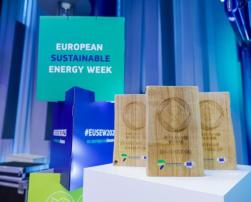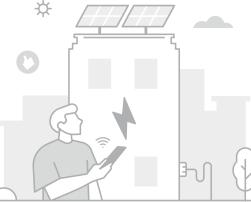Topic of the Month (October 2023)
Each month a relevant topic and several sub-topics are covered in detail. For the Topic of the Month, content following a common thread is developed by BUILD UP Editorial Board in collaboration with the Board of Ambassadors and other relevant experts in the field. This includes producing articles, case studies, webinars and more, all in line with the specific topic selected. Relevant events are also identified and highlighted.
Topics of the Month are announced at the end of the previous month in our website and newsletter. Please write us if you wish to know more about our upcoming topics of the month.

Europe is facing challenges in replacing outdated building technologies, which hinder the decarbonisation of the construction sector. The project META BUILD is leveraging advanced technologies to optimise energy efficiency, enhance smart building integration, and support the EU’s climate neutrality goals.

Sustainable Buildings Canada is spearheading the adoption of advanced energy codes, demonstrating that even the most demanding standards can be met using current technologies.

The new regulation on zero emission buildings redefines the role of HVAC (Heating, Ventilation and Air Conditioning), presenting regulatory challenges and key opportunities for innovation in smart control and energy efficiency.

From 10 to 12 June 2025, Brussels will become the epicentre of Europe’s energy transition as it hosts the European Sustainable Energy Week (EUSEW)—the EU’s flagship event on renewable energy and energy efficiency. To help you make the most of it, BUILD UP has selected the most relevant and insightful sessions focused on energy efficiency in buildings.

Air Infiltration and Ventilation Centre (AIVC) Ventilation Information Paper #48.4 summarises current knowledge on trends in building ventilation requirements and inspection in Italy.

The April edition of 'The REHVA European HVAC Journal' is now available. This technical publication is a leading reference in the European field of heating, ventilation, and air conditioning.

Mineral nanotechnology in concrete waterproofing supports the Energy Performance of Buildings Directive's 2050 decarbonisation goal by improving durability, reducing maintenance needs, and lowering energy consumption in building upkeep and repairs.

Microplastics, harmful to health and the environment, are heavily generated by the construction industry, which must adopt better practices to reduce their impact.

This study highlights how temperature influences students' thermal comfort and air quality perceptions in classrooms, with minimal impact from CO2 levels, emphasising the need for improved ventilation strategies in Mediterranean climates.

This guide provides design principles and technology implementation strategies to support the adoption of Plus Energy Buildings, helping achieve zero-emission buildings by 2050.
